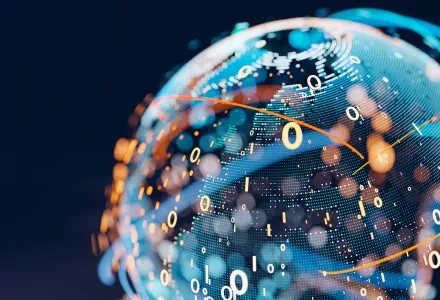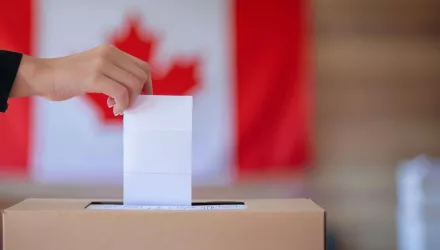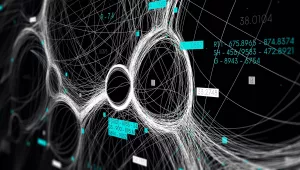
Executive Summary
As inventions go, the Internet stacks up with the best of them: the lightbulb, the automobile, even fire. In its first thirty years, the Internet’s worldwide adoption and breadth of application has exceeded any other technological advance in history. It expands our reach by bringing people, experiences, and things to us with the click of a mouse. It connects us to an increasing number of gadgets, from smartphones to voice kiosks and soon self-driving vehicles that will no doubt converse with us while we commute, happily oblivious to the traffic around us. We revel in our newfound agility and versatility. Importantly, our precious network kept us sane during a worldwide pandemic and enabled the world to work remotely while most of its population was frozen at home. For resilience against catastrophes alone, the Internet has become indispensable.
But while our digital revolution has unquestionably improved our lives, has it made us freer? We have more choices, but are we better equipped to choose? Or rather, is this cyber world to which we’re steadily migrating a place where projections replace tangible things with little permanence or authenticity that hobble our ability to perceive, think, and judge? Are we slowly embedding ourselves in an environment where our instincts are less effective, where, after eons of evolution, our native ability to govern our lives is weakened or disabled?
This is the central question of our age. How does the Internet affect our power to manage our lives: first, our control over the things that surround us – our reach; second, our faculty for soundly choosing from those things what to do, consume, or engage with; and third, our ability to grasp and understand – to know – what we have chosen, so that we can enjoy, act, or believe based upon grounded truth?
As our lives become more entwined with the electronic provision of things – including relationships with others – policymakers must ensure that on the Internet, citizens can continue to mostly self-govern as they have in all the countless permutations of societies across the ages. Self-governance entails the ability to manage our affairs with minimal supervision. Even in the most despotic regimes, individuals can comprehend their environment and make judgments to manage their day-to-day activities. Any human society would fail without this necessary degree of individual autonomy – not only for personal liberty’s sake, but for practical reasons. There are far too many activities to manage otherwise.
As more and more of society’s critical functions go digital, government must see as its primary regulatory responsibility protecting individual agency, namely people’s ability to perceive, judge, and trust or distrust the things with which they interact. The Internet may be putting these prerequisites of self-governance to their toughest test ever.
Johnson, Steve . “Reach, Choice, and Transparency: Governing the Internet in the 21st Century.” Belfer Center for Science and International Affairs, Harvard Kennedy School, May 2023





